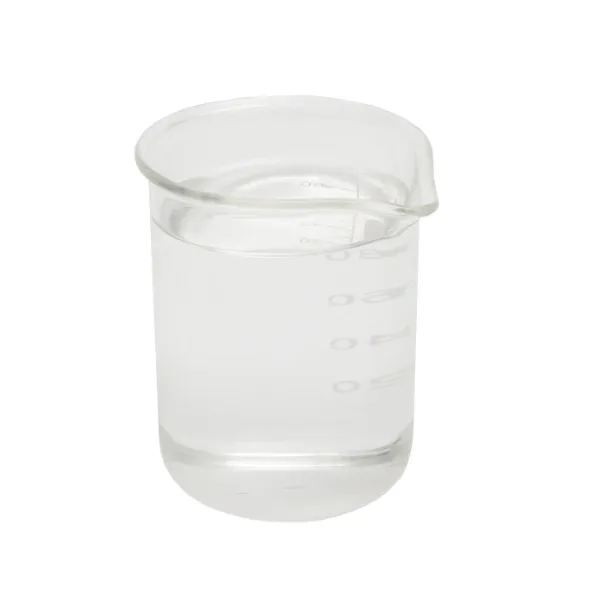Warning: Undefined array key "title" in /home/www/wwwroot/HTML/www.exportstart.com/wp-content/themes/1198/header.php on line 6
Warning: Undefined array key "file" in /home/www/wwwroot/HTML/www.exportstart.com/wp-content/themes/1198/header.php on line 7
Warning: Undefined array key "title" in /home/www/wwwroot/HTML/www.exportstart.com/wp-content/themes/1198/header.php on line 7
Warning: Undefined array key "title" in /home/www/wwwroot/HTML/www.exportstart.com/wp-content/themes/1198/header.php on line 7
- Afrikaans
- Albanian
- Amharic
- Arabic
- Armenian
- Azerbaijani
- Basque
- Belarusian
- Bengali
- Bosnian
- Bulgarian
- Catalan
- Cebuano
- China
- China (Taiwan)
- Corsican
- Croatian
- Czech
- Danish
- Dutch
- English
- Esperanto
- Estonian
- Finnish
- French
- Frisian
- Galician
- Georgian
- German
- Greek
- Gujarati
- Haitian Creole
- hausa
- hawaiian
- Hebrew
- Hindi
- Miao
- Hungarian
- Icelandic
- igbo
- Indonesian
- irish
- Italian
- Japanese
- Javanese
- Kannada
- kazakh
- Khmer
- Rwandese
- Korean
- Kurdish
- Kyrgyz
- Lao
- Latin
- Latvian
- Lithuanian
- Luxembourgish
- Macedonian
- Malgashi
- Malay
- Malayalam
- Maltese
- Maori
- Marathi
- Mongolian
- Myanmar
- Nepali
- Norwegian
- Norwegian
- Occitan
- Pashto
- Persian
- Polish
- Portuguese
- Punjabi
- Romanian
- Russian
- Samoan
- Scottish Gaelic
- Serbian
- Sesotho
- Shona
- Sindhi
- Sinhala
- Slovak
- Slovenian
- Somali
- Spanish
- Sundanese
- Swahili
- Swedish
- Tagalog
- Tajik
- Tamil
- Tatar
- Telugu
- Thai
- Turkish
- Turkmen
- Ukrainian
- Urdu
- Uighur
- Uzbek
- Vietnamese
- Welsh
- Bantu
- Yiddish
- Yoruba
- Zulu
Nov . 09, 2024 08:41 Back to list
Is Propylene Glycol Safe for Use in Food and Cosmetics?
Is Propylene Glycol Safe for Use?
Propylene glycol, a synthetic organic compound with the chemical formula C3H8O2, is commonly used in a variety of industrial and consumer products. From food and pharmaceuticals to cosmetics and antifreeze, its versatility has made it a staple in many industries. However, the safety of propylene glycol has been a topic of discussion among consumers and health professionals alike. This article aims to explore the safety profile of propylene glycol, detailing its uses, potential health effects, and regulatory status.
What is Propylene Glycol?
Propylene glycol is a colorless, odorless liquid that is hygroscopic, meaning it has the ability to attract water. It is both a solvent and a humectant, which allows it to retain moisture. Due to these properties, propylene glycol is often used in a wide range of products, including food additives, pharmaceuticals (like oral and injectable medications), personal care products (such as lotions and shampoos), and even in electronic cigarette liquids.
Regulatory Status
In the United States, propylene glycol is generally recognized as safe (GRAS) by the Food and Drug Administration (FDA) when used in food products. The FDA has approved its usage in various applications, citing that it is metabolized quickly and effectively by the body. Additionally, the Environmental Protection Agency (EPA) evaluates propylene glycol for safety in environmental applications, allowing its use as an antifreeze agent.
The European Food Safety Authority (EFSA) has also assessed propylene glycol and deemed it safe when consumed in food. Moreover, the Cosmetic Ingredient Review (CIR) panel has concluded that propylene glycol is safe for use in cosmetics and personal care products at concentrations up to 50%.
propylene glycol is it safe

Potential Health Effects
While propylene glycol is generally regarded as safe, there have been instances where individuals may experience adverse effects, particularly with excessive exposure. Some common side effects include irritation of the skin, eyes, or respiratory tract, especially when the compound is inhaled in large quantities, such as in aerosolized products. In such cases, it may lead to allergic reactions or sensitivities in certain individuals.
In the case of ingestion, propylene glycol is known to have low toxicity. However, excessive consumption — particularly in concentrated forms or through inappropriate use (like in unregulated bulk products) — can lead to more serious health concerns, such as metabolic acidosis or kidney damage in rare cases. It’s important to note that these negative outcomes are typically linked to unusually high doses, far exceeding normal dietary or topical exposure.
Conclusion
Overall, propylene glycol is considered safe for use in food, pharmaceuticals, cosmetics, and various industrial applications when used according to established guidelines. Regulatory bodies like the FDA and EFSA have recognized its safety, affirming its low toxicity and rapid metabolism by the human body. Nonetheless, individuals with specific allergies or sensitivities should exercise caution and consult healthcare professionals regarding any concerns.
Importantly, consumers should always check product labels, especially if they have known allergies or health conditions. Awareness and informed choices are crucial for maintaining health and safety in the presence of synthetic compounds like propylene glycol. As with any chemical, moderation and adherence to usage guidelines remain key to ensuring safe experiences. Ultimately, when used appropriately, propylene glycol serves as a beneficial agent across many fields, contributing to safety and efficacy in numerous products we use daily.
Latest news
-
Certifications for Vegetarian and Xanthan Gum Vegetarian
NewsJun.17,2025
-
Sustainability Trends Reshaping the SLES N70 Market
NewsJun.17,2025
-
Propylene Glycol Use in Vaccines: Balancing Function and Perception
NewsJun.17,2025
-
Petroleum Jelly in Skincare: Balancing Benefits and Backlash
NewsJun.17,2025
-
Energy Price Volatility and Ripple Effect on Caprolactam Markets
NewsJun.17,2025
-
Spectroscopic Techniques for Adipic Acid Molecular Weight
NewsJun.17,2025

